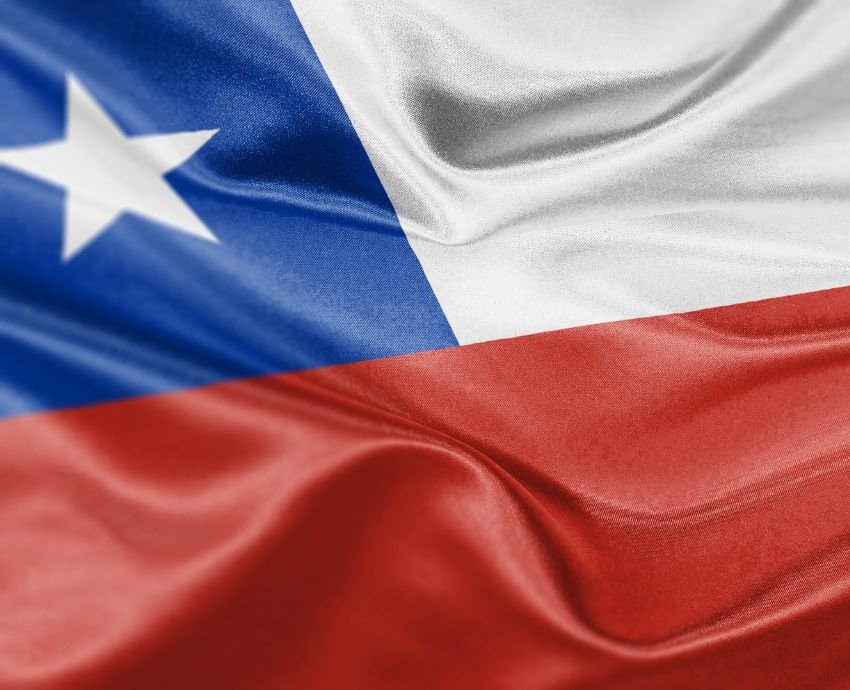
Chile witnessed a significant triumph for the far right in its constitutional elections on May 7, which has never been seen before in its contemporary political history. The Republican Party — representing the far right — obtained an absolute majority of 23 councillors in the Constitutional Council responsible for drafting the new constitution, winning slightly more than 35% of the vote.
The far right, along with the councillors of the traditional right, has the 60% majority required to decisively influence the new constitution, which will be approved or rejected in a national plebiscite in December.
The progressive, social democratic and left-wing forces — represented by the Communist, Socialist, Broad Front, Humanist Action and Liberal parties — reached 16 councillors, with 28% of the vote. This left them below the 40% needed to veto or influence the text of the new constitution.
It is uncertain what they will be able to do in the face of the strength of the far right and the right in the council, except to know that they will defend transformative positions and demand rights and a democratisation of the institutional system.
The social democratic parties Party for Democracy and Radical Party, along with the Christian Democratic Party, had a disastrous result, with no more than 3% of the vote, and did not elect a single councillor. This demonstrates the failure of their approach of going it alone and not allying themselves with others.
As a result, conservative sectors are left with practically no counterweight in the Constitutional Council, which opens up uncertainty as to what will become of the new constitution — some are saying that it could be a “Pinochetist Constitution 2.0”.
These results opened a debate on the reasons for the far right’s triumph, which was consolidated in poor and rural sectors of the population, as well as in the high socioeconomic sectors.
In a brief summary, it could be concluded that the triple migration, crime, and far right crises has happened, a phenomenon experienced in other Latin American and European countries, which allowed the political-electoral advance of ultra-conservative organisations.
Analysts noted that the lead-up to the constitutional election was dominated by the migration issue, the rise in crime, the impact of drug trafficking and organised crime and the notorious rise in living costs, while constitutional ideas were the least talked-about issue.
This was capitalised on and driven by the far-right Republican Party with skill, certainty and “common sense” narratives, along with lies, distortions and “fake news”.
Now the uncertainties lie in how much the far right will be willing to negotiate. The traditional right-wing groups are asking the Republican Party not to adopt a rigid or extreme approach, but to open up the range of issues in order to “achieve a Constitution for all”. They have even warned that if the ultraconservatives impose their ideas too strongly, the new constitution may be rejected in December.
Progressive and left-wing groups recognise that the scenario is complicated, although they reiterated that they would continue with the constitutional process and that, for now, they are not necessarily thinking about calling for a rejection vote.
A significant fact has a bearing on this: two million invalid votes, which together with blank votes represent 21% of the electorate. These two million people include a high percentage of the left-wing political base.
No one can rule out, therefore, that in the plebiscite the progressive and left-wing forces will be divided between those who wish to approve or reject the new constitution, especially if the content is similar to or worse than the current constitution inherited from the civil-military dictatorship.
In any case, everything would indicate, as analysts and political figures say, that a new political cycle has been consolidated in Chile, which began with the social revolt in 2019, and where the electorate and the social and electoral forces have swung back and forth.
It is a new period where it seems that new ideas, agendas, responses and stories and even changes in the political mapping, alliances and building of alternatives, are needed.
[Hugo Guzmán is a Chilean journalist based in Santiago. This article was translated from Spanish and published with permission.]